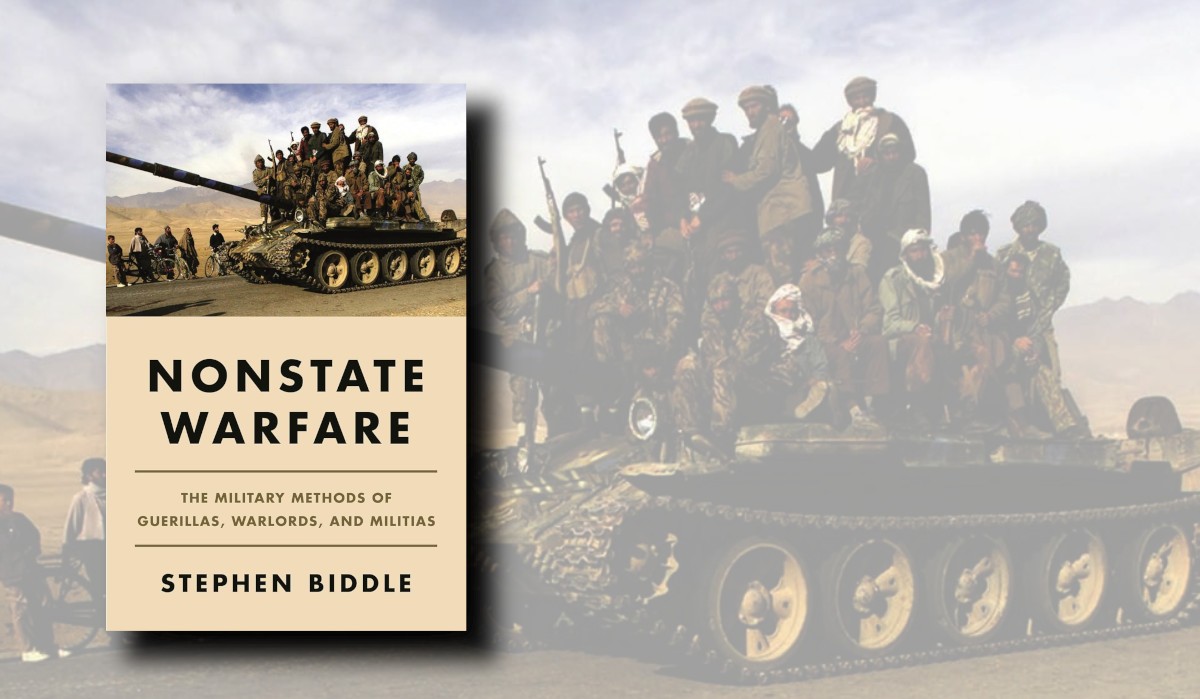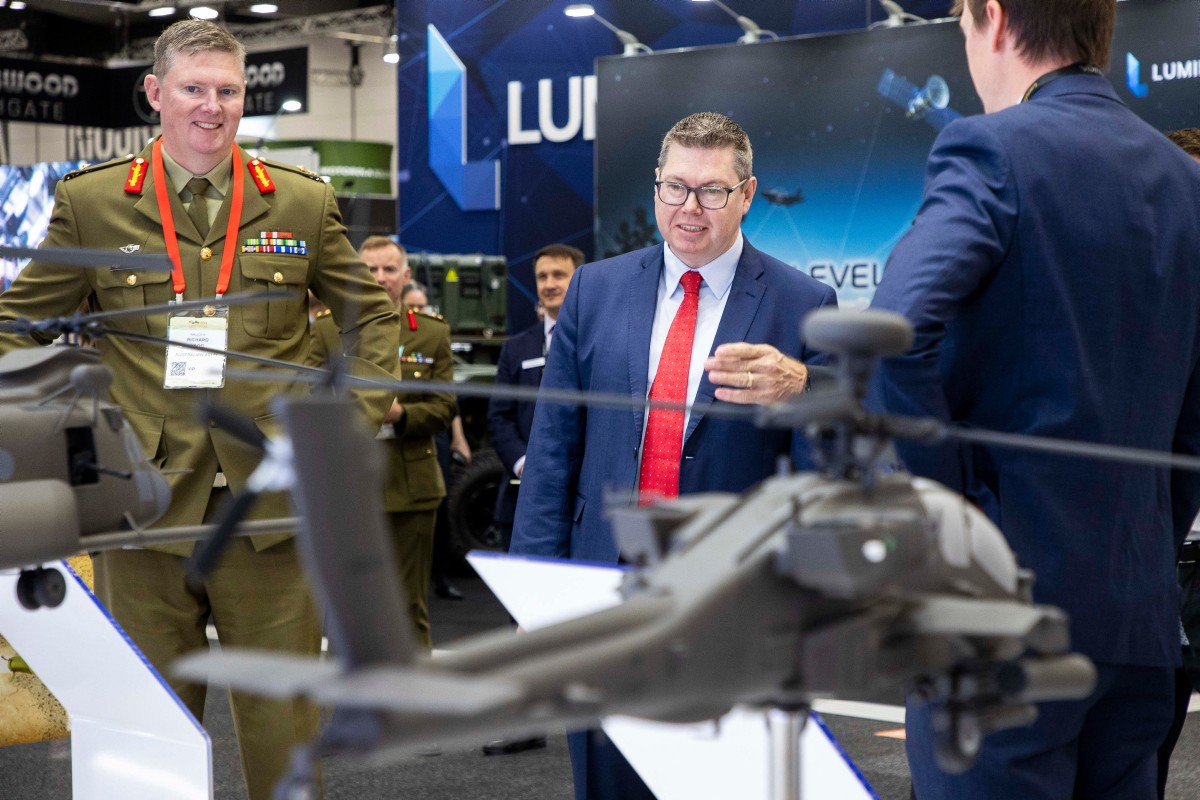In defeat and victory armies have an obligation to learn from the past in order to prepare for the future. This has never been a strength of the Australian Army, unfortunately. However, there is opportunity to change and set the Army on course to prepare for an increasingly uncertain future. The energetic response of the German Army to learn from its defeat in the First World War is a striking example of a professional military force setting out to prepare for the future. By contrast, there has been little reflection, criticism or introspection within the Australian Army over the last 20 years of operations. What does this say about us?
On 11 October 1919, General Hans Von Seeckt became the chief of a defeated and demoralised German Army, the Reichswehr, in a nation that had also been demoralised from the First World War. Under the terms of the Treaty of Versailles the Reichswehr was to be no larger than 100,000 men of whom only 4,000 could be officers. It was left to Seeckt to rebuild an Army as he believed that future war was inevitable and he stated that ‘my own training in history prevents me from seeing in the idea of permanent peace anything more than a dream’.
From 1920 Seeckt created 57 different committees consisting of a total of 400 officers (or 10% on the German Officer corps at that time) ‘to put the experience of the war in a broad light and collect this experience while the impressions won on the battlefield are still fresh and a major portion of the experienced officers are still in leading positions’. The result was the book ‘Leadership and Battle with Combined Arms’, published in 1921, which articulated combined arms tactics and operational concepts that went onto serve as the Wehrmacht’s doctrine in the Second World War. Thus by investing 10% of the officer corps over a two year period to identify lessons, study (and debate) them and then implement new concepts and doctrine for warfighting Seeckt set the German Army up for tactical and operational successes during the first few years of the Second World War.
Should the Australian Army do the same?
The Australian Army has gained considerable operational experience since 1999 and this period has included a robust system of identifying lessons and preparing future force elements to deploy. However, we have not looked at our experience holistically. The Australian Army prepares Land Forces for War and that means preparing for an unknowable future, the only real guide for which is our past experience. Many comment that Army prepares for the last war, however we as an Army have not critically examined our experience to learn, adapt and therefore better prepare for the future - holistically. Has our force structures been appropriate for every operation in the last 20 years? What capabilities did we need but did not have? Was our counter-insurgency doctrine fit for purpose? These types of questions could go on and many may not have a definitive answer, but the point is Army, based on hard won experience with our particular circumstances, should analyse these experiences in order to prepare for the future.
Australia has a long tradition of writing official histories of past wars and conflicts and the Australian War Memorial currently has a body of researchers that are writing the Official History of Australia’s experience in Iraq, Afghanistan and Timor Leste. These histories are written by civilian academics and not military professionals, they will provide good analysis of those conflicts, however it is beyond there remit to ask the question so what for the future? They do have the advantage of being independent and can therefore state uncomfortable conclusions, which is valuable, however because of this independence they will not directly make Army better prepared for its future – this requires Army to conduct this analysis because it is best placed to change and adapt itself for war.
Von Seeckt used 10% of Germany’s military officers to study the army’s recent past at a time when Germany was trying to recover from the First World War and was also subject to political and economic upheaval. Some might say that this was an inappropriate time to use young officers however Seeckt knew better. He understood the real importance of studying the past to prepare for the future, which in 1920 under the terms of the Treaty of Versailles must have looked very grim for Germany. Is it time for the Australian Army to pause, reflect, study, debate, develop concepts and implement solutions to prepare for the future? We do not currently face the challenges faced by Germany in the 1920s, but our future is equally uncertain.
The Australian Army should invest heavily in the analysis and self-critique of its past twenty years of experience before this past becomes faded memories. Those with hard won experience owe the future Army honest and critical analysis of their past to best position Army for the future.




